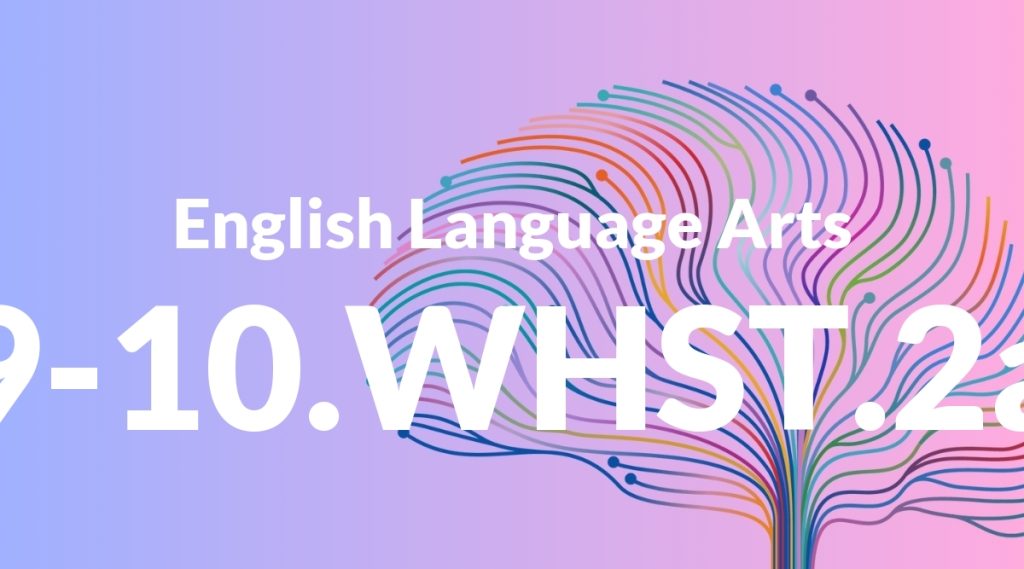Standard: 9-10.WHST.2 – Write informative/explanatory texts, including the narration of historical events, scientific procedures/experiments, or technical processes.
Grade level: Grade 9-10
Subject: English Language Arts
Domain: Writing: History, Science & Technical Subjects
Teacher Overview
This standard emphasizes the importance of writing clear and informative texts that explain historical events, scientific procedures, or technical processes. It is crucial for students to develop these skills to effectively communicate complex information in a structured and comprehensible manner. Students should already understand basic writing structures and have foundational knowledge in history, science, and technical subjects.
Students will be able to communicate complex information clearly and accurately, which is essential for advanced writing tasks in higher education and professional settings.
Common Misconception 1
A common misconception is that informative/explanatory texts should include personal opinions. This is incorrect because the purpose of these texts is to provide objective information and explanations.
Intervention 1
Use examples of purely informative texts and practice distinguishing between objective facts and subjective opinions.
Common Misconception 2
Another misconception is that technical processes do not need detailed explanations. This is incorrect because detailed and clear explanations are essential for understanding and replicating technical processes.
Intervention 2
Emphasize the importance of clarity and detail by using step-by-step guides and checklists.
Prerequisite Knowledge
Students should have a basic understanding of writing structures, such as introduction, body, and conclusion, and should be familiar with the fundamental concepts of history, science, and technical subjects.
Subsequent Knowledge
After mastering this standard, students will be able to effectively communicate complex information and processes clearly and accurately, preparing them for advanced writing tasks in higher education and professional settings.
Instructional Activities
- Analyze examples of informative/explanatory texts
- Practice writing reports on historical events
- Document scientific experiments conducted in class
- Create user manuals for simple technical devices
- Compose articles on recent scientific discoveries




